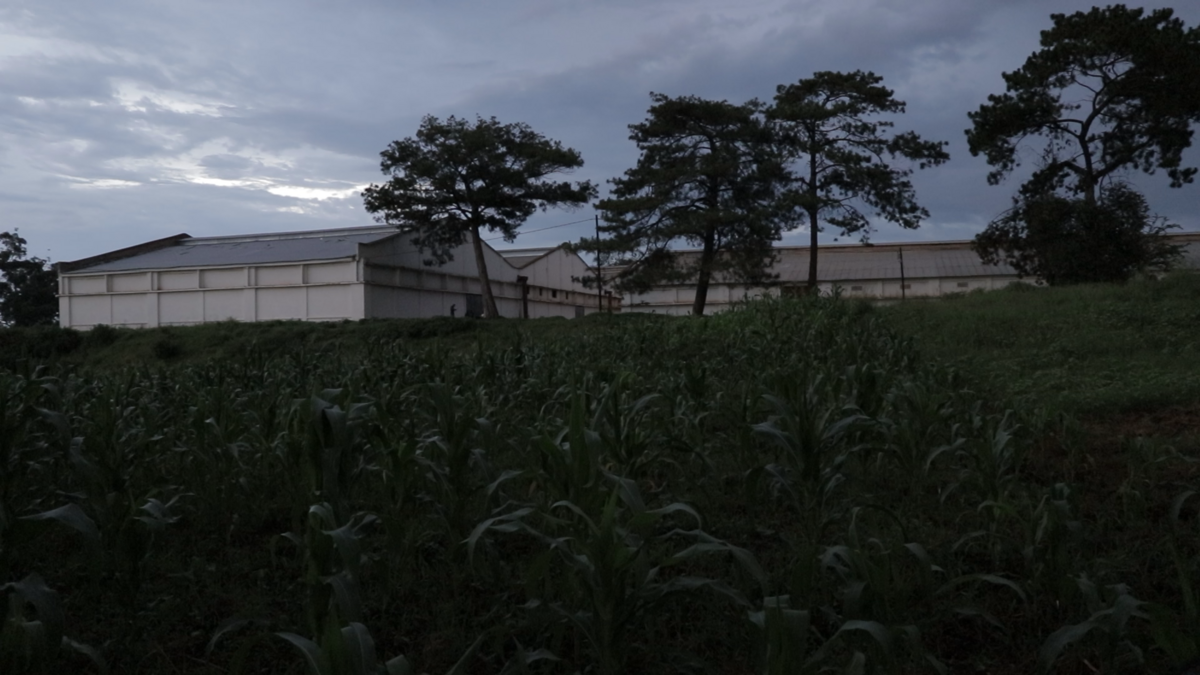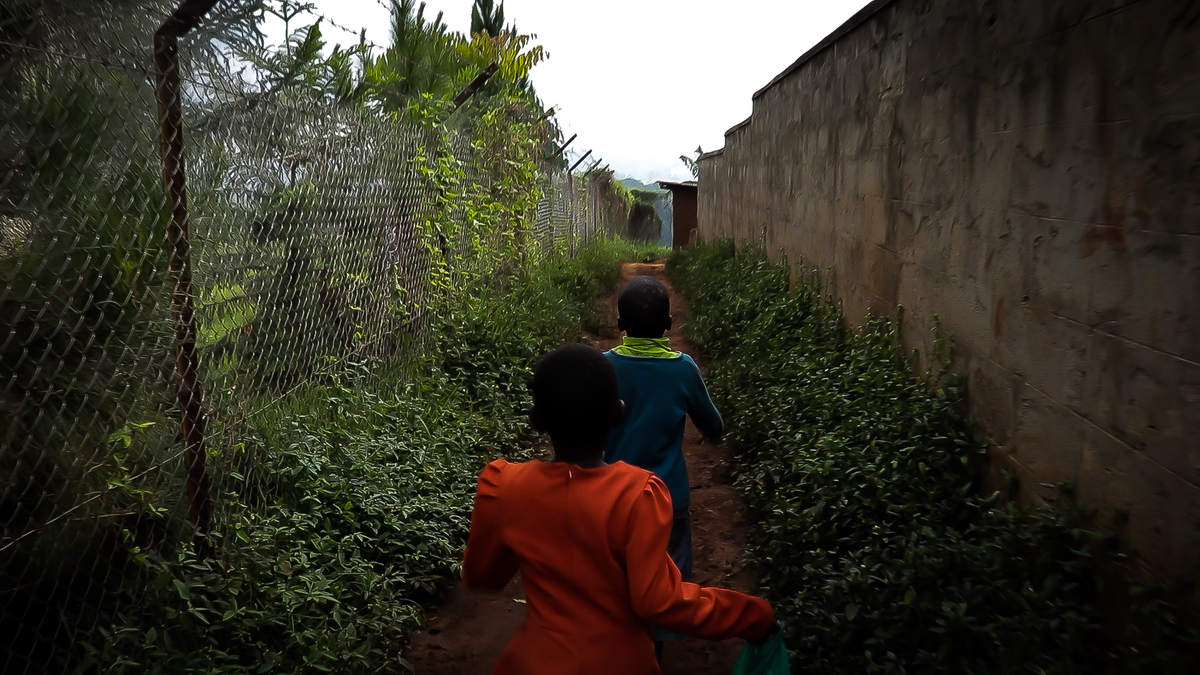In Jinja, Uganda, the small slum community of Kimaka is fighting for its survival. A powerful factory owner has laid a contested claim to a portion of the land on which they live and is threatening to evict the residents.
The community consists of some 300 residents, a majority of which are single mothers and children. It is located next to the river Nile where people fetch water daily. The economic opportunities available are few. Most of them survive by growing their own crops and selling what they may have left-over. They enjoy living on the land and fear what may happen, should they have to move.
The community has lived on this land for many years, and up until recently, co-existed peacefully with the factories that border them. In the last few years, these factories have started to slowly infringe on the community's territory; building walls and setting up fences that have limited the residents' access to their homes and the main roads.
The small path that is now their only accessway is often flooded and muddy. Tensions are now running high, and the residents tell stories of nightly visits from private security forces and arrests. The factory owner is accused of attempting to intimidate the residents enough for them to eventually leave, but the residents are adamant that they have a right to stay.
Proper legal ownership of the land is contested; it is not actually clear who owns it. The residents express that they were given the land by the local government while the factory claims that it is part of their land. These types of land disputes are common in developing countries where legal systems for monitoring land-rights may be weak or non-existent.
There are many rich people within town, who are evicting the poor people from land they have lived on for a long time.
(Michael Kasedde, former President of the Municipal Development Forum in Jinja)
Stories like these rarely end well for the urban poor, who lack representation and the means of fighting for justice. The slum settlement of Kimaka has been able to mobilize through participation in Jinja’s Municipal Development Forum (MDF).
Made up of community representatives, the MDFs enable people to unite in support of a cause, increasing their leveraging power. Once an issue is raised, the community decides on what course of action to take; either acting as a negotiating party, bringing the issue to the local government, or in some rare cases, taking legal action. As such, the Forum has not only united communities, but the city as a whole, in an unprecedented way.
You find they are constructing the wall and they put security guards here and the people fear, the people live in fear.
(Resident, Kimaka, Jinja, Uganda)
Worldwide, forced evictions are a commonplace where rapid unplanned urbanisation has meant the urban poor are often settled in slums on land to which they lack legal claim. Forced slum clearances are devastating to the most vulnerable people, who are often those settled in these communities. Once evicted, communities can be scattered and vital social cohesion and support is lost.

The MDF have enabled the poor people who are seemingly voiceless and powerless to come together and have a common voice.
(Michael Kasedde, former President of the Municipal Development Forum in Jinja.)

The Municipal Development Forums (MDF), were launched by Cities Alliance in 2010 in five secondary cities: Jinja, Arua, Kabale, Mbarara and Mbale, in partnership with the government of Uganda, as part of their strategy to transform settlements.
Since then, the MDFs have been replicated in 14 other cities throughout the country and the five administrative divisions of Kampala city. MDFs have now been institutionalized and became a precondition to implement urban projects in the municipalities.
In the case of Kimaka, the MDF first called a meeting with the tycoon, and negotiations were started to fend off immediate evictions. The community has been able to put pressure on the factory owner to purchase another piece of land. This would ensure that its social fabric remains intact and that people can relocate together. The case is now in court, the community has a lawyer, and a land surveyor has been assigned as a mediator.
Though the case is still ongoing, the future looks more hopeful, with the residents -- supported by the Municipal Development Forum -- feeling empowered and engaged in establishing their rights.
Photos: ©Cities Alliance / Charlotte Hallqvist.





